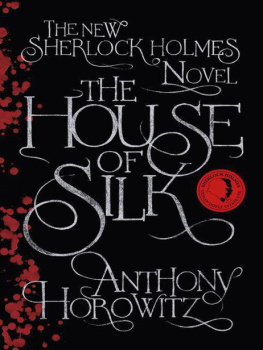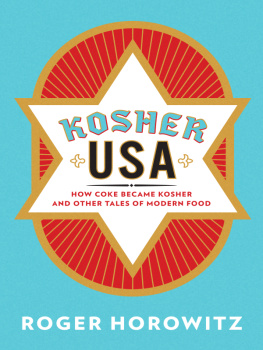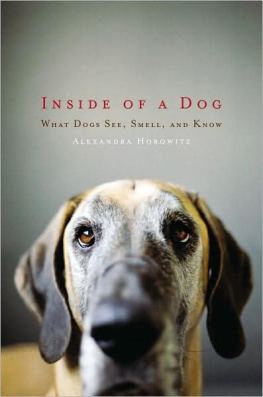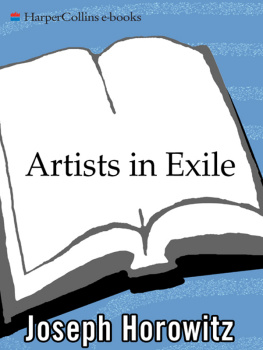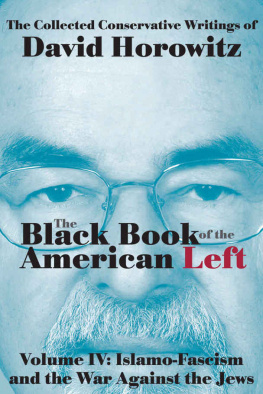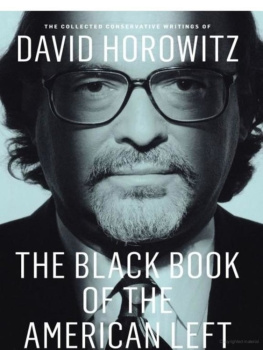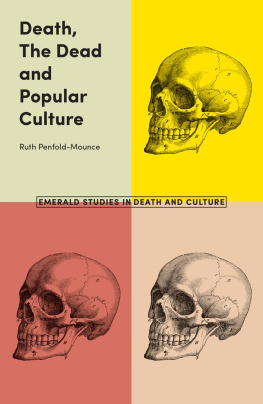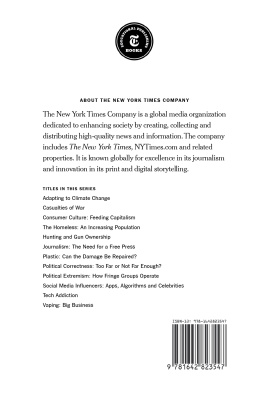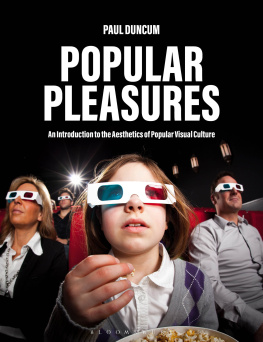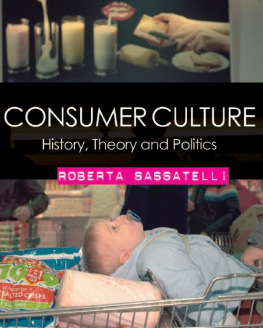Consuming Pleasures
THE ARTS AND INTELLECTUAL LIFE
IN MODERN AMERICA
Casey Nelson Blake, Series Editor
Volumes in the series explore questions at the intersection of the
history of expressive culture and the history of ideas in modern
America. The series is meant as a bold intervention in two fields
of cultural inquiry. It challenges scholars in American studies and
cultural studies to move beyond sociological categories of analysis
to consider the ideas that have informed and given form to artistic
expressionwhether architecture and the visual arts or music,
dance, theater, and literature. The series also expands the domain of
intellectual history by examining how artistic works, and aesthetic
experience more generally, participate in the discussion of truth
and value, civic purpose and personal meaning that have engaged
scholars since the late nineteenth century.
Advisory Board: Steven Conn, Lynn Garafola,
Charles McGovern, Angela L. Miller, Penny M. Von Eschen,
David M. Scobey, and Richard Cndida Smith
CONSUMING
PLEASURES

Intellectuals and Popular Culture
in the Postwar World
Daniel Horowitz

Copyright 2012 University of Pennsylvania Press
All rights reserved. Except for brief quotations used for
purposes of review or scholarly citation, none of this book
may be reproduced in any form by any means without written
permission from the publisher.
Published by
University of Pennsylvania Press
Philadelphia, Pennsylvania 19104-4112
www.upenn.edu/pennpress
Printed in the United States of America on acid-free paper
10 9 8 7 6 5 4 3 2 1
Library of Congress Cataloging-in-Publication Data
Horowitz, Daniel, 1938
Consuming pleasures: intellectuals and popular culture in the postwar world / Daniel Horowitz. 1st ed.
p. cm. (The arts and intellectual life in modern America)
Includes bibliographical references and index.
ISBN 978-0-8122-4395-6 (hardcover : alk. paper)
1. Popular cultureEconomic aspectsUnited States20th century. 2. Popular cultureEconomic aspectsEurope20th century. 3. Consumption (Economics)United StatesPsychological aspects20th century. 4. Consumption (Economics)EuropePsychological aspects20th century. 5. IntellectualsUnited StatesAttitudesHistory20th century. 6. IntellectualsEuropeAttitudesHistory20th century. I. Title. II. Series: Arts and intellectual life in modern America.
E169.12.H675 2012
306dc23
2011034159
To some of the colleagues and friends
who have sustained me over the years:
Bob Abzug, Ellen DuBois, Judy Smith, Char Miller,
Lynn Dumenil, Wendy Kline
And to Helen Horowitz
First, last, and always
Contents

Preface

As I neared completion of this book, I turned to Google to track down a quotation. Up on the screen came a 1937 article by Marion C. Sheridan titled Rescuing Civilization through Motion Pictures. Right away I wondered if this was the Dr. Sheridan who taught me English in Hillhouse High School. Sure enough, the publication identified her as a teacher in my hometown, New Haven, at my high school, one that employed some teachers with Ph.D.s from Yale. She had earned hers in 1934, and perhaps a combination of sex discrimination, a desire to remain in New Haven, a genuine commitment to high school education, and the Great Depression persuaded her to teach in an urban public school that in the 1950s maintained some aspects of its elite character. The 1960s radical Andrew Kopkind, who preceded me in high school by several years, later described her as the hated English teacher, Dr. Sheridan, Dr. Marion C. Sheridan, this big, right-wing Irish fascist. Memory plays funny tricks on us all. Accurately or not, I remember Andy Kopkind living in the only Republican household in our neighborhood and Dr. Sheridan as a slight and severe but not especially political woman, more bluestocking than right-wing Irish fascist.
What struck me when her 1937 article appeared on the screen is that almost three-quarters of a century before I completed this book, my high school English teacher had written on a subject central to Consuming Pleasures: how to deploy sophisticated literary theory, in her case that of the British critic I. A. Richards, to understand popular culture. The way to rescue civilization, by way of the motion picture, Dr. Sheridan asserted in the year before I was born, would be to sharpen in every possible way the perceptions of those who attend, so that they will be critical of what they see and cognizant of and responsive to the best when it was projected before them on the so-called silver-screen.
Because in Consuming Pleasures I present a series of intellectual biographies through which I explore how writers from a wide range of vantage points found ways of seeing that broke through the prevailing understandings, I wish I could show that this book had its origins deep in my past, perhaps in a class where Dr. Sheridan taught me how to appreciate all those double feature B movies I saw at Saturday matinees. But honestly, I cannot. What I can do is appreciate
In the United States, I argued, traditional moralism was the pervasive approach until the 1920s. Writers in this vein positively valued self-restraint and criticized the supposed immorality of workers and their families, who, it was assumed, relied on alcohol, gambling, and permissive sexual expression as they pursued problematic pleasures. In the 1920s a different approach, the new moralism, developed among intellectuals. Owing much to a Protestant jeremiad tradition, new moralists argued that consumer culture weakened the moral fiber of citizens, tempting them to excess. They focused more on how capitalism generated consumer goods than on the reception of those goods by ordinary Americans. They relied on a sense of moral superiority, a belief that critics of shopping were wiser than shoppers themselves. Intellectuals, they believed, participated in a high culture that was more intriguing and enriching than the debased low culture in which consumers indulged. Fears of declension, excess, and pleasure suffused the writings of those who found mass culture problematically degrading. For many intellectuals, consumer culture raised questions about authenticity and the political implications of defining American superiority in terms of the increased acquisition of consumer goods. Above all, they believed, commercial culture threatened to undermine the stability, character, and restraints necessary to sustain American values. This tradition culminated beginning in the late 1930s, when New York intellectuals, influenced by the rise of totalitarianism in Europe, set the terms of debate in ways that made it difficult for cultural observers in the immediate postWorld War II period to talk seriously and analytically, let alone appreciatively, about popular culture.
The new moralism was influential well into the 1960s, when the alternative that this book traces began to take hold. Postmoralism, not unrelated to postmodernism, underwrote an embrace of pleasure and symbolic exchange, often avoiding or transcending moral issues that bothered earlier generations of intellectuals. With its arrival, American writers shifted their attention from an emphasis on self-restraint to the achievement of satisfaction through commercial goods and experiences, a change this book explores.
Next page

